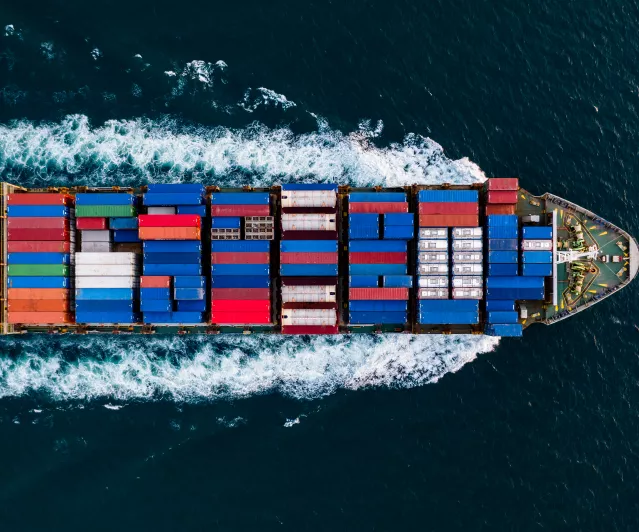
Modern ships are full of sensor technology. They collect a wealth of data with unprecedented potential on many fronts. Their application offers plenty of opportunities for smart shipping. However, worldwide the use of this data is still in its infancy. The question is: how do you boost this in practice? The desire to use artificial intelligence and big data is widespread. Also in the shipbuilding industry. The new project Transferring Operational Data into Design Information for Ships (TODDIS) investigates how sensor data with advanced algorithms can be effectively used for innovations in ship designs.
What is the motivation for the project?
In 2020, the professorship initiated the project TODDIS: Transferring Operational Data into Design Information for Ships. This project stems from five observations:
- The environment is forcing the maritime sector to radically change its ship designs. On the one hand, this is technology pushed (e.g. with a view to unmanned or low-powered sailing), on the other hand it is market driven (the desired large reductions in emissions, particularly of greenhouse gases).
- The ship designer therefore needs fast design methods. There are many such methods, but they are now outdated. The 'designer' can also be a machine that optimally evaluates many design variants in search of an optimum.
- Ships are equipped with sensors on a large scale, whereby one sensor often measures one phenomenon, and draws conclusions about one condition or device from this.
- Many SMEs feel that it is time to put artificial intelligence and big data to good use.
- There is a great lack of knowledge about this subject. Among students and professionals.
What problem does the project solve?
Nowadays, however, there is a new source of data: large amounts of sensor data. The thesis is that with advanced algorithms, these can be transformed into new ship design methods. To investigate this proposition, the TODDIS project is working to answer the following questions:
- To what extent could large-scale data collection provide a sufficient basis to develop such tools?
- Which tools and methods are necessary to transform that data into tools?
- What is a ranking of (types of) tools according to their feasibility? In other words, which tools are to be expected sooner and which later?
- At the moment, a lot of data is already being measured on board ships, mostly for the purpose of daily operations. How could this data be given a dual use?
- The 'advanced algorithms' in the statement not only have a technical meaning, but also require application skills of current and future employees. How can this be provided?
- If a new generation of tools is based on large quantities of data, what about their ownership? What about responsibilities or liabilities when using it? And with the protection of the intellectual property contained therein?
Project approach
TODDIS focuses on the development of tools that make data useable by means of algorithms in the optimisation of ship designs. The tools, applications and software will be available as prototypes. Market parties must develop these further into usable calculation tools. Another goal is to increase the maritime knowledge level in the Netherlands.
Subprojects
The work has been divided into six subprojects:
- Sensors, data sets, their transport and their integrity.
- From data to tools.
- Tools to support ship operations.
- Tools to support ship design.
- Knowledge development for the hbo-minor Advanced numerical methods for shipX.
- Legal preconditions, IP and liabilities.
Project team
More than ten companies and institutions are participating in the TODDIS project, including:
- NHL Stenden
- TU Delft
- Rotterdam University of Applied Sciences
- University of Applied Sciences, Amsterdam
- Wagenborg
- Royal Van Oord
- shipbuilder Damen
- ship design office Conoship International
- engineering firm C-Job
- the Royal Netherlands Navy
Funding from the NWO - after a declaration of support from branch organisation NMT, among others - guarantees the independence of the research. The companies involved contribute in the form of hours, knowledge and data.




